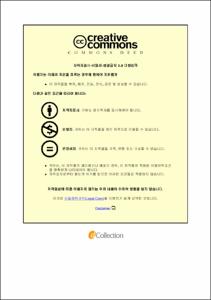드라마를 活用한 韓國語 敎育方案 硏究
= A Study on Instruction Method of Korean Language Using Drama : Centering on Greeting Expressions
- Type
- Thesis
- Alternative Title
- 인사말을 중심으로
- Advisor
- 김정우
- Department
- 대학원 한국어문학과
- Issued Date
- 2010
- Publisher
- 한성대학교 대학원 한국어문학과
- Files in This Item:
-
-
Download
 000000790716.pdf
기타 데이터 / 2 MB / Adobe PDF
000000790716.pdf
기타 데이터 / 2 MB / Adobe PDF
-
Items in Repository are protected by copyright, with all rights reserved, unless otherwise indicated.